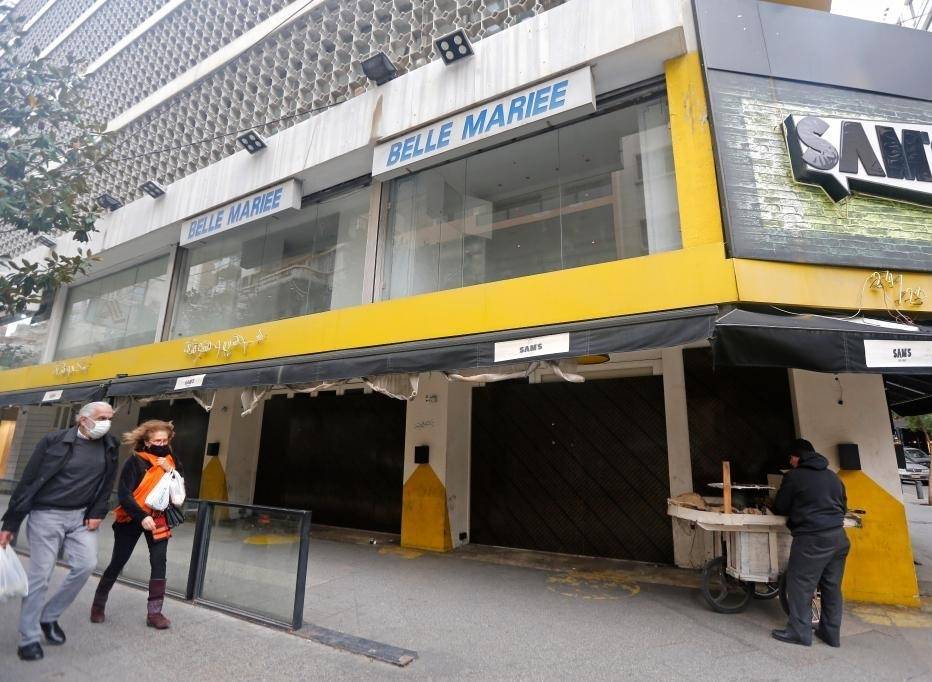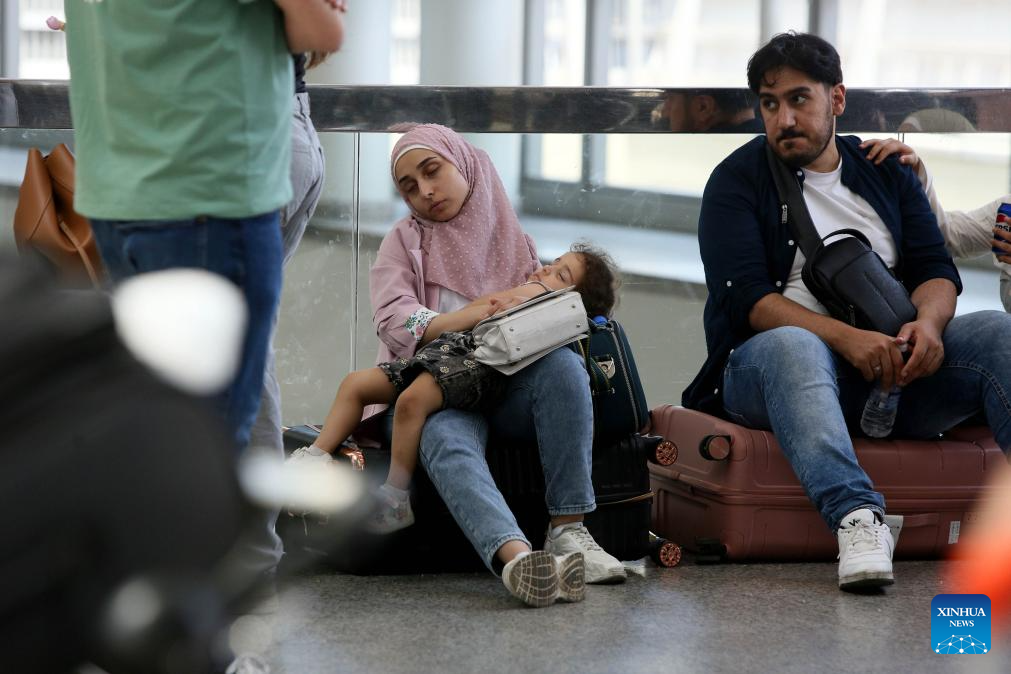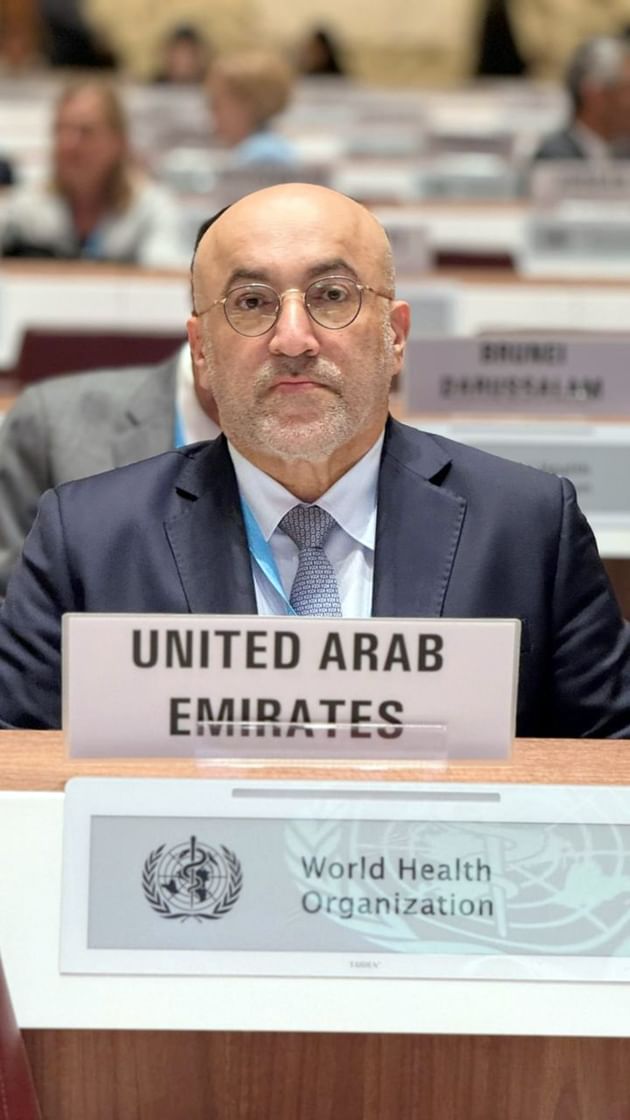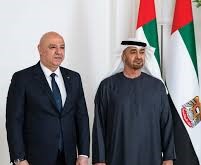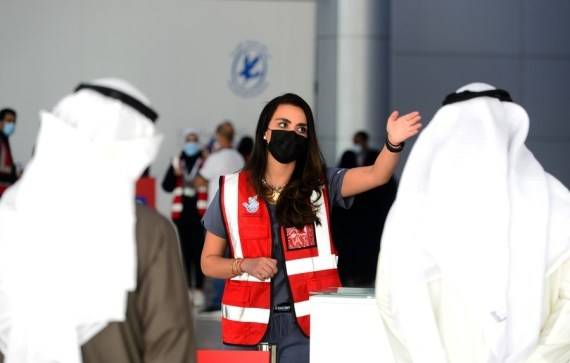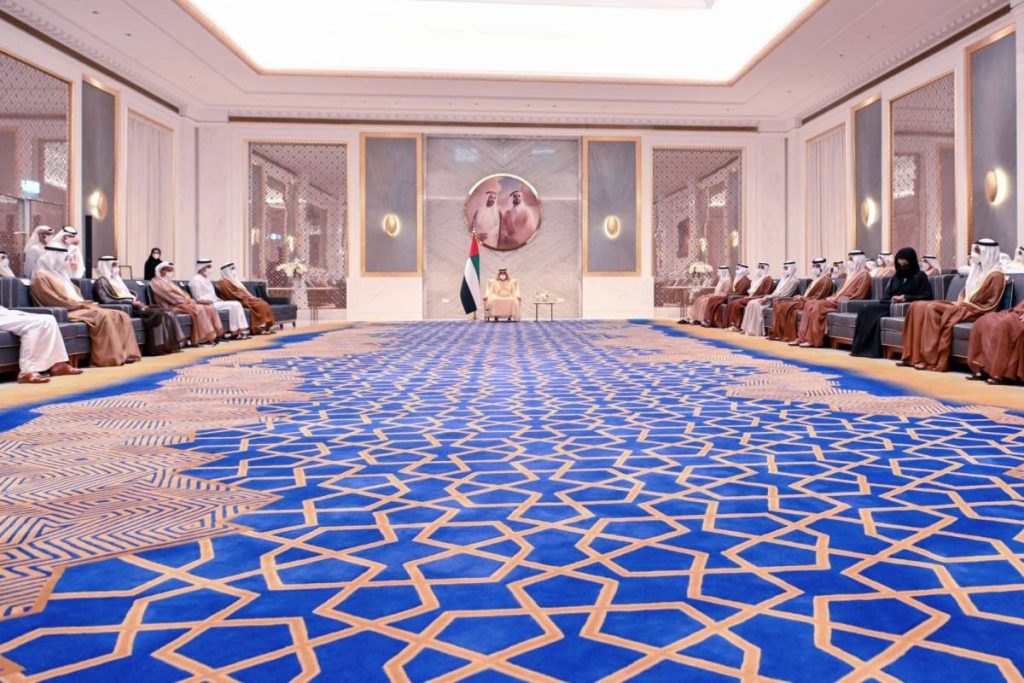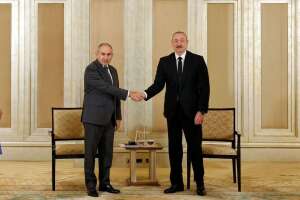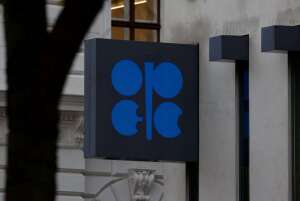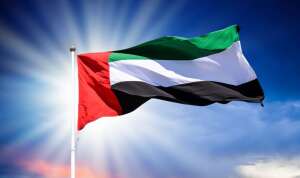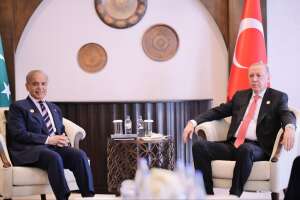Lebanon’s merchants took a hit in 2021 by the country’s unprecedented economic and financial crisis with 35 percent of them shutting down their stores, according to the Beirut Traders Association…reports Asian Lite News
Adnan Rammal, representative of the trade sector in the Economic and Social Council, told Xinhua news agency that a large number of merchants had to close their stores last year as they were unable to cover the expenses in light of the drop in sales from 50 to 90 percent, varying among different sectors.
According to Rammal, the sectors that were most impacted include furniture, household appliances, electronics, and carpets, and the demand for food has also dropped by 40 percent.
Over the past two years, the country has witnessed an unprecedented financial crisis amid the shortage of the US dollar, which prompted a steep depreciation of the Lebanese pound.
As a result of the collapse of the local currency, citizens saw an obvious devaluation of their salaries.

Most of them are employed by the public sector and get paid in local currency, while only approximate of 20 percent of them receive their salaries in US dollars.
Moreover, the financial crisis forced banks to impose heavy restrictions on withdrawals from deposits, which has deteriorated people’s purchasing power.
Mohamad Rayes, the owner of a men’s clothes shop in Hamra, told Xinhua that sales at his shop dropped by over 80 percent compared to the pre-crisis years of 2017 and 2018, as people have been focusing their consumption on necessities.
“If we do not see any improvement in demand during the coming summer season, we will have to close doors and lay off employees,” he said.
For his part, Abed Ramadan, sales manager at Dallas, a famous clothes shop in Hamra, told Xinhua that his store has gained no profits since last summer, but the owner is keeping the shop open.
ALSO READ: New Year brings hope for Lebanon’s hotel crisis
“Any decision to shut down the store will deprive several families from a source of income,” he said, adding that his store will not import new clothes for the coming summer season given the deteriorating living conditions of the Lebanese and the political instability.
Meanwhile, Tony Eid, head of Achrafieh’s Merchants Association, told Xinhua that a number of merchants are still in the market as some of the operation costs, such as electricity, rent, and salaries, can still be paid in Lebanese pound, which is cheaper.
He called on the government to follow a clear economic and financial strategy by adopting a specific exchange rate of the U.S. dollar to the Lebanese pound.
“We can no longer receive checks or credit card payments by our clients as the exchange rate in the bank is lower than that of the parallel market.”

